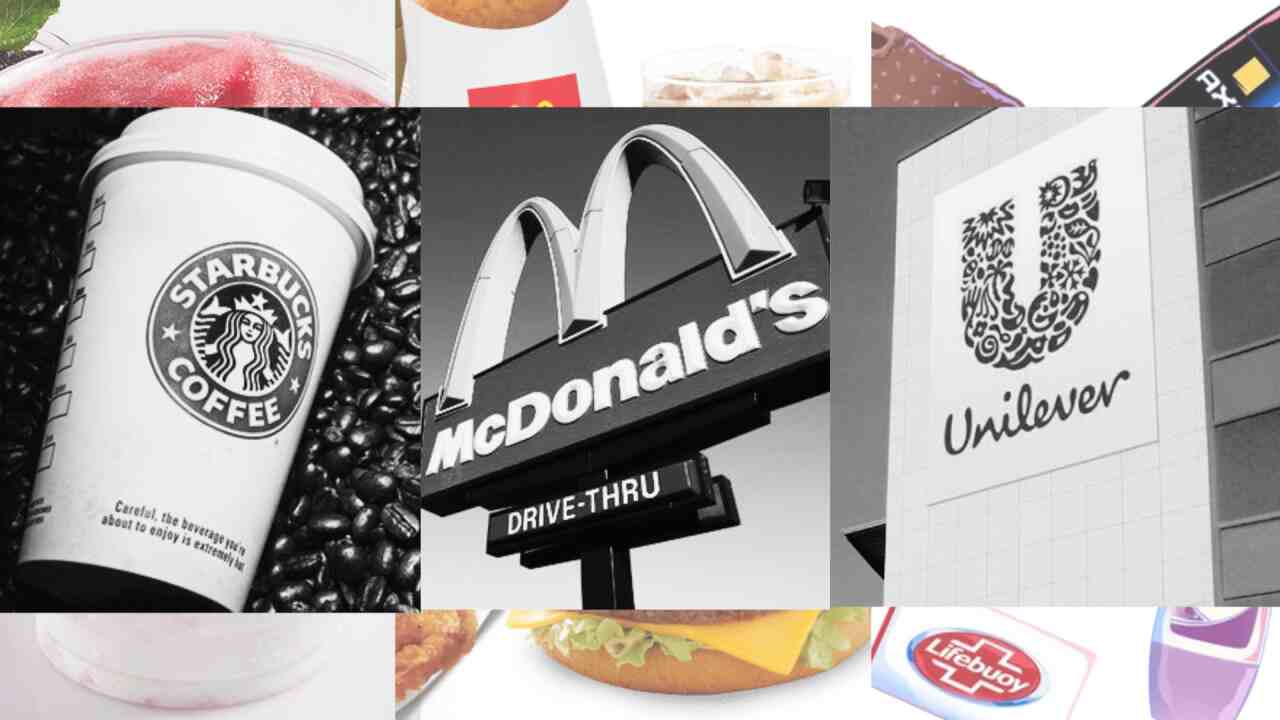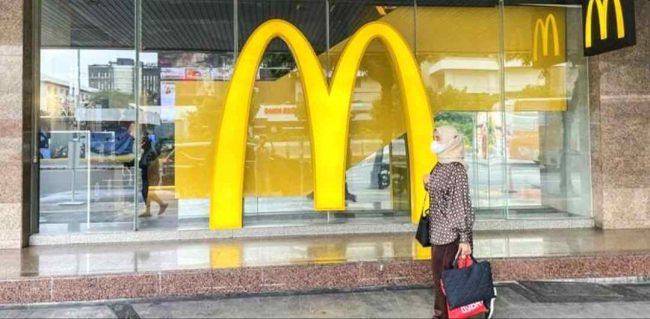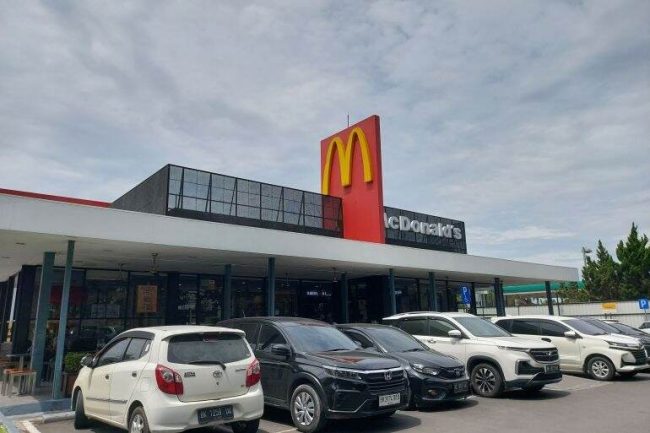
Malaysian and Indonesian customers boycott McDonald’s, Starbucks and other businesses.

Large Southeast Asian businesses are being boycotted over the Gaza war, even though the local owners insist they have no connection to Israel.
During the holy month of Ramadan, entrepreneur Putra Kelana typically breaks fast with his family and friends at a variety of food shops across his city in North Sumatra.
Since McDonald’s Israel declared on social media in October that it had given hundreds of free meals to the Israeli military during its battle in Gaza and Kelana has boycotted the fast food restaurant company.
As Kelana said to reporter, “it is more of a feeling of being deeply unhappy with Israel than it is an outright boycott.”
When the war started, he removed the McDonald’s sticker from his car, which granted him discounts when he used the drive-through.
Following rumors that French manufacturer Danone had invested in a number of Israeli startups and enterprises, Kelana stopped drinking Aqua bottled water. He also joined a Whatsapp group where members frequently share updated lists of items to avoid.
Calls for a boycott of goods thought to have connections to Israel are clearly hurting the bottom lines of big corporations throughout Southeast Asia.
McDonald’s said in February that the conflict contributed to the just 0.7 percent increase in foreign sales in the fourth quarter of 2023—a stark contrast to the 16.5 percent growth in the same time the year before.

Chris Kempczinski is the CEO of McDonald’s stated on an earnings call that “the most pronounced impact that we’re seeing is in the Middle East and in Muslim countries like Indonesia and Malaysia.”
Both the coffee chain Starbucks and Unilever have been impacted by boycotts.
Ben & Jerry’s ice cream, Knorr stock cubes, Dove soap and wheel detergent are all produced by Unilever. The company reported in February of last year that geopolitically focused, consumer-facing campaigns were to blame for the double-digit drop in sales that Indonesia saw in the previous quarter.
Many of the firms that are being affected have only loose ties to Israel even though they are being targeted for their alleged ties to the nation.
Although McDonald’s franchisees are required to pay a fee to the American headquarters of the fast-food chain, the majority of its locations including those run by McDonald’s Israel are locally owned.
Last year, Danone Indonesia said that it had contributed 13.3 billion Indonesian rupiahs ($846,000) in humanitarian help for Palestinians. Danone Indonesia which has 25 factories employing 13,000 people in Indonesia, has denied any connection or involvement in political views relating to the war.
Kelana claimed he missed McDonald’s Ramadan specials which included fried chicken with curry sauce, rice, sweet tea and ice cream, when he was back in Medan.
He told reporters that it doesn’t have to be drastic we just need to do what we can affect change through our families by choosing the things we buy which can be difficult because we tend to buy products out of habit. Who doesn’t enjoy McDonald’s food? It’s special the sauce but we can survive without it.

